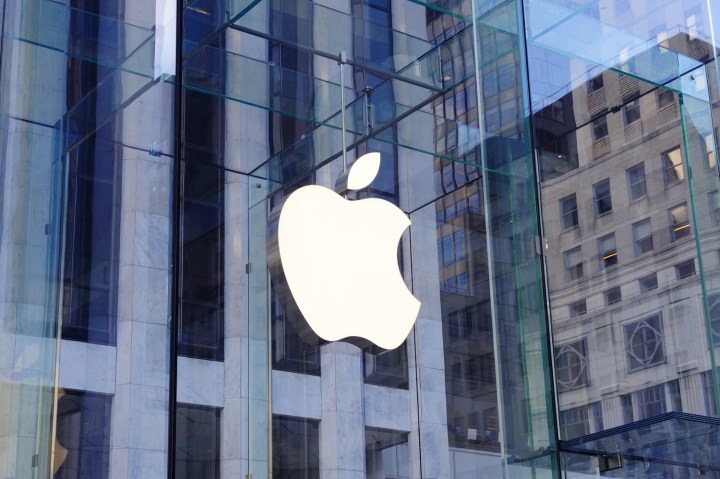
“The European Commission welcomes an agreement to end all exclusivity obligations concerning audiobook supply and distribution between Amazon’s subsidiary Audible and Apple,” the EU competition authority said in a statement. “With the deletion of the exclusivity agreement Apple will now have the opportunity to purchase digital audiobooks from other suppliers,” Andreas Mundt, president of the German cartel office, said in a statement.
Thursday’s decision stemmed from an antitrust probe that began around the tail end of 2015. The German Publishers and Booksellers Association in November accused Amazon and Apple of “abusing their dominant market position” by maintaining an exclusive distribution arrangement across Audible’s platform, Amazon’s websites, and the iTunes store.
That has now come to an end. As part of an agreement with the European Commission (EU) and German Federal Cartel Office, other distributors can now publish audiobooks to Apple’s digital marketplaces and Audible can sell audiobooks on third-party digital storefronts. And the deal’s scope extends to all markets where Apple and Amazon previously had exclusivity arrangements.
According to the German Cartel Office’s president, Andreas Mundt, the settlement “will enable a wider range of offer and lower prices for consumers.”
It’s not the first time Apple has found itself in hot water with book publishers — the iPhone maker was accused of fixing eBook prices back in 2010. In a class-action suit that followed two years later, plaintiffs alleged that Apple illegally colluded with publishing companies Hachette Book Group, HarperCollins, Macmillan, Penguin, and Simon and Schuster to control the eBook market by artificially raising the price of eBooks.
While most of the publishers involved settled several years ago, Apple continued to fight the suit until March, when its final appeal was rejected by the U.S. Supreme Court. In June 2016, Apple issued millions of dollars in payments to eBook buyers affected by the alleged price-fixing scheme.
It’s not Amazon’s first run-in with publishers, either. In 2014, the internet retailer called on Hachette to offer its eBooks for $10 instead of at higher prices. Hachette refused to cooperate, and Amazon responded by refusing to accept pre-orders for some Hachette titles, doing away with discounts on many of Hachette’s books, and slowing the delivery of a number of the publisher’s titles to its customers.
The two companies inked a multi-year agreement in November 2015 that gave Hachette full control over its ebook pricing.
Editors' Recommendations
- Amazon Echo vs. Apple HomePod: Which has better speakers?
- 11 last minute Apple deals to shop before Prime Day ends
- Amazon adds a color-changing, eye-saving screen to the high-end Kindle Oasis


